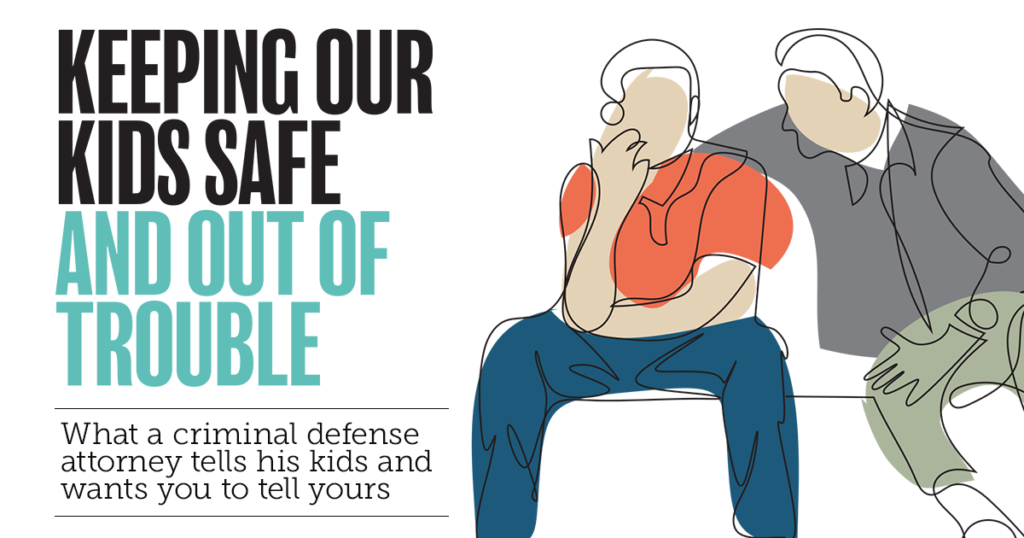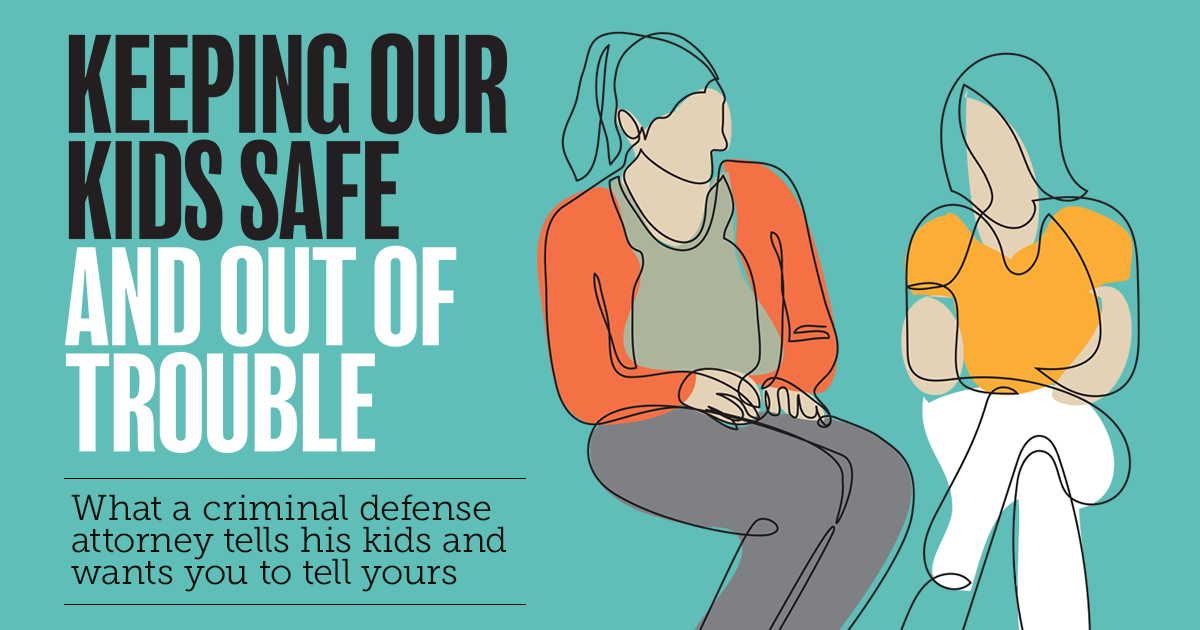Plagiarism in academic institutions is surprisingly common. How common? The International Center for Academic Integrity reports that a whopping 60 percent of undergraduates admit to cheating in some form.
What Is Plagiarism?
According to Merriam-Webster Dictionary, “plagiarize” has two definitions:
- to steal and pass off (the ideas or words of another) as one’s own: use (another’s production) without crediting the source
- to commit literary theft: present as new and original an idea or product derived from an existing source
Any plagiarism that infringes on an author’s intellectual property rights can result in federal criminal charges. Anytime a person creates an original work and records it on a tangible medium, such as in an audio recording or on a written document, U.S. law grants the creator ownership of the copyright to their creation. The Fair Use Doctrine of the U.S. Copyright Law permits use of copyrighted works in subsequent works if, and only if, the user credits the original author.
While most college students won’t be subject to federal criminal charges for plagiarizing their English Lit 101 paper on George Orwell, they can be subject to a number of penalties from their university. In an academic context, plagiarism includes intentional acts such as:
- Directly copying another’s works without citation
- Copying from another person’s exam
- Soliciting an outside entity to create or complete an assignment on your behalf
- Resubmitting works from one class for another class (self-plagiarism)
- Improperly citing resources, intentionally and unintentionally
When I was in college, it was easy to plagiarize and not get caught. You could hand in a paper that a friend had used the year before or call up a person listed in the classifieds and hire her for a few bucks to write your paper and mail it to you. Unless your professor had an excellent memory or the ghostwriter wrote the same paper for a number of your classmates, chances are you’d be in the clear.
Today, as a result of the technological revolution, it is easier than ever for students to plagiarize. They have unlimited resources at their fingertips. However, it is also easier than ever to get caught. Teachers have access to plagiarism tracker software like www.turnitin.com and https://copyleaks.com and online school databases of previously submitted papers that make detecting plagiarism as simple as the press of a button.
It’s important to talk with your teen about the consequences of plagiarizing, particularly at the college level. Academic plagiarism that may have simply landed him in an uncomfortable conversation with the teacher in high school could, at the college level, be a mistake that permanently affects his future employment.

Keeping Our Kids Safe and Out of Trouble
To learn more about Plagiarism and other issues that parents and teens face click below to purchase my new book Keeping Our Kids Safe and Out of Trouble: What a Criminal Defense Attorney Tells His Kids and Wants You to Tell Yours.
